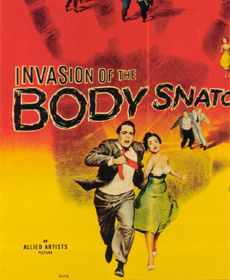 The dust rose so high to the sky that heaven and earth seemed to have reverted to a dull yellow primordial chaos. The engines of dirt-caked, drab army transports rumbled, the horns of master sergeants’ white vans honked. I stood, trying to be seen and heard, at the Fatma Gate in Metula, seeking a ride up to my base at Ana, in Lebanon’s Bekaa Valley.
The dust rose so high to the sky that heaven and earth seemed to have reverted to a dull yellow primordial chaos. The engines of dirt-caked, drab army transports rumbled, the horns of master sergeants’ white vans honked. I stood, trying to be seen and heard, at the Fatma Gate in Metula, seeking a ride up to my base at Ana, in Lebanon’s Bekaa Valley.
As of early summer 1983, the IDF had been bogged down in Lebanon for a year. Rational procedures and clear rules had been drafted for transporting soldiers to and from and through the Cedar Republic, but like so many army regulations, few knew them, and no one obeyed.
The way to get from Metula to Ana was to stand as close to the gate as the military police would allow and hold out an arm. An occasional driver would notice the lonely soldier through the smokescreen thrown up by the Holy Land’s parched soil, take pity, and stop long enough to ask where I needed to go. More often then not, they were going somewhere else. I needed to be back at base by 3 p.m.; driving straight up from Metula, the trip took at least three hours. It was already nearly an hour before noon, and I was getting desperate.
 Photo by Zeevveez
Photo by Zeevveez Lest there be any misunderstanding: As an Israeli and a Jew, I don’t believe that the current government of Sweden is quasi-Nazi, that all Swedes are anti-Semites, or that I should boycott Ikea, the Swedish furniture firm. At the same time, to remove all doubt, I solemnly declare that I have never been involved in the international trade in organs for transplant. I do feel exceedingly silly bothering to make these denials. But they seem somehow necessary in light of the current Swedish-Israeli tensions, which are a product of egregiously incompetent journalism in a Swedish paper and equally irredeemable diplomacy by Israel in furious response.
Lest there be any misunderstanding: As an Israeli and a Jew, I don’t believe that the current government of Sweden is quasi-Nazi, that all Swedes are anti-Semites, or that I should boycott Ikea, the Swedish furniture firm. At the same time, to remove all doubt, I solemnly declare that I have never been involved in the international trade in organs for transplant. I do feel exceedingly silly bothering to make these denials. But they seem somehow necessary in light of the current Swedish-Israeli tensions, which are a product of egregiously incompetent journalism in a Swedish paper and equally irredeemable diplomacy by Israel in furious response.




